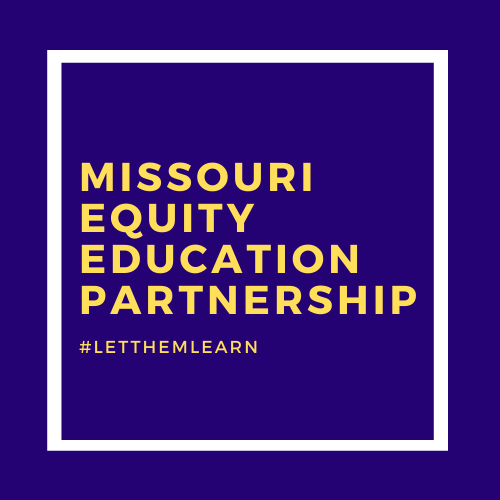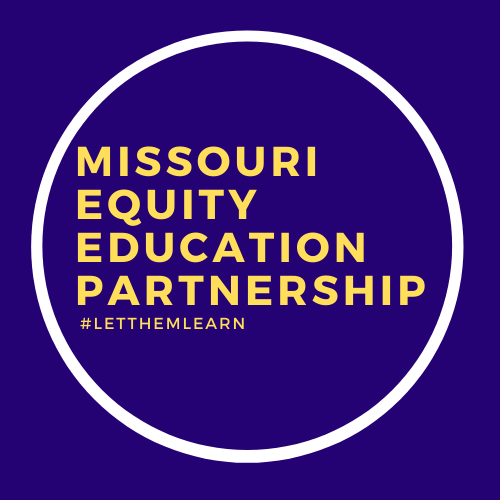Reading is a Process of Liberation
By Chloe Telle
A famous Black Republican once said, “I am a Republican, a black, dyed-in-the wool Republican, and I never intend to belong to any other party than the party of freedom and progress.”
Those were the words of one of the greatest orators that ever lived, Frederick Douglass, a slave. As I read how Douglass celebrated the legacy of the Republican Party, and its reverence for freedom, I have trouble as an educator making a connection between the party of Douglass and the party that is leading the charge with this draconian legislation that bans CRT, the 1619 Project, and “other projects like it.” I have to ask Republicans and other Americans who support these endeavors, what happened to your love of freedom?
When I teach about Douglass, I stress to my students that the most liberating act that one can experience is being exposed to language through reading, understanding the power of language, and using that power to change the world. Douglass was obsessed with obtaining this power to the point of bartering with local White boys for reading lessons, and ultimately making arrangements with his master’s wife for reading lessons. As Douglass continued to experience discontent with his station in life, and his spirit became heavier, he encountered a book called The Columbian Orator. For Douglass, that book opened up a world that provided him with the language to name his oppression, to understand his oppressors, but most importantly, it provided him with the language to fight for his freedom. He didn’t become bitter. He didn’t view himself as a victim. Instead, he used this knowledge to become a self-actualized man who challenged his country to live up to its promises.
When I teach reading to my seniors, I do not teach reading as outlined facts meant to be regurgitated. I teach reading as a process of liberation where they can find the language, the jargon, the figurative, and the literal phrases necessary to develop their voices and to color experiences just like Douglass. When lawmakers insist on banning materials such as the 1619 Project, Teaching Tolerance, Critical Race Theory, and “other projects like it,” they are banning somebody’s truth. Education then becomes an intolerant roadblock to a student who needs to identify the circumstances or the societal dynamics that can threaten freedom. Identifying race, gender, and social class does not promote division; but failing to discuss those dynamics can enslave.
It would be a shame to watch a party that could once boast that it produced people such as FREDERICK DOUGLASS now decide that our students shouldn’t read, just as Douglass’s master ultimately decided that the truth would ruin “a good slave.”
Chloe Telle is an educator in the Webster Groves School District

